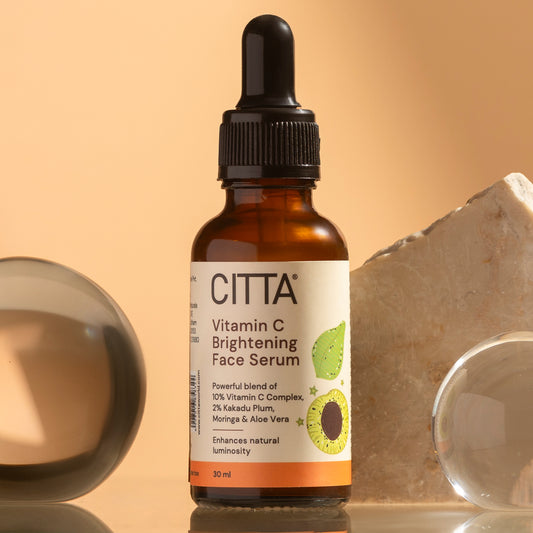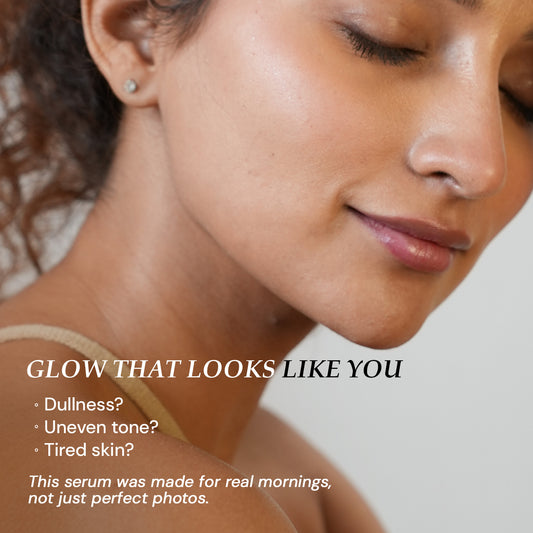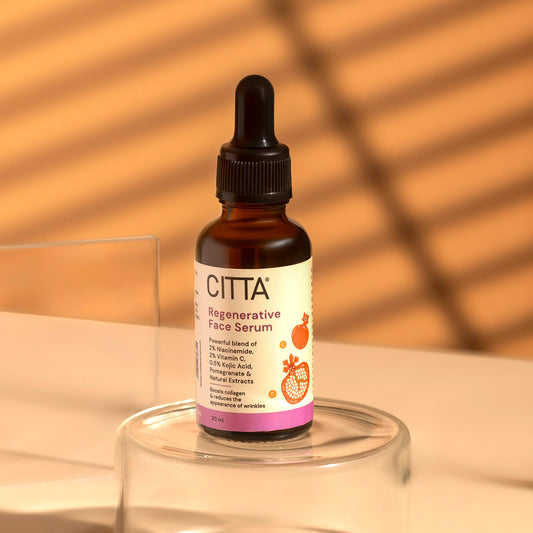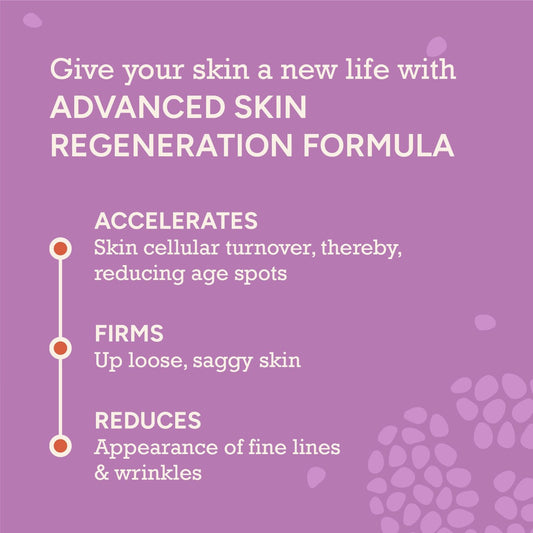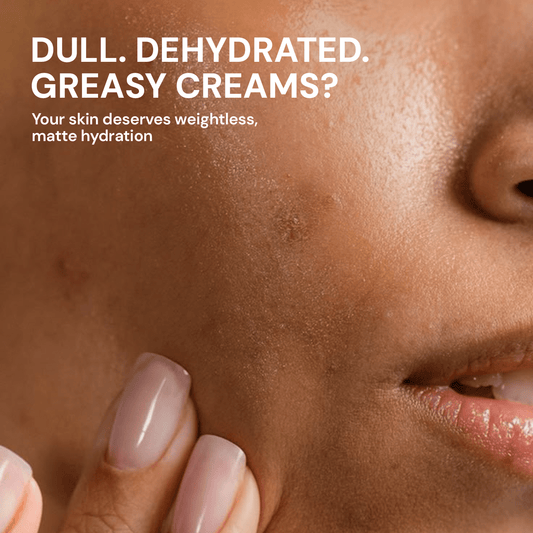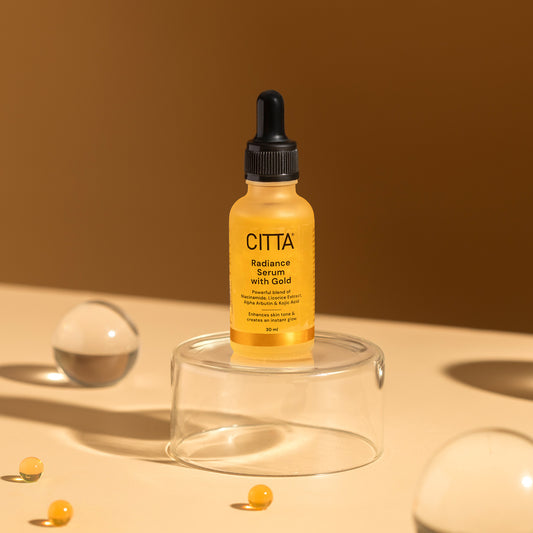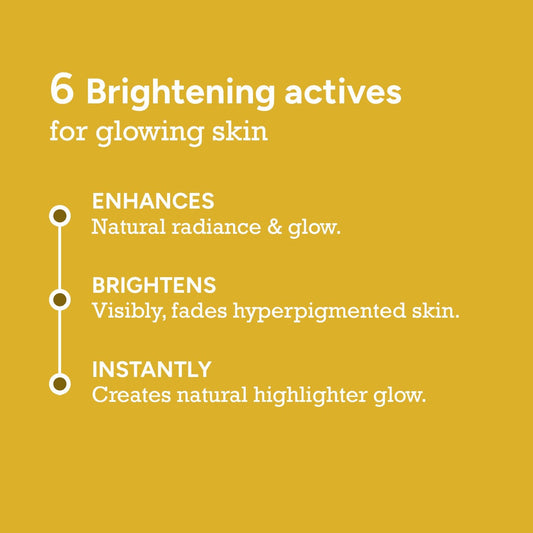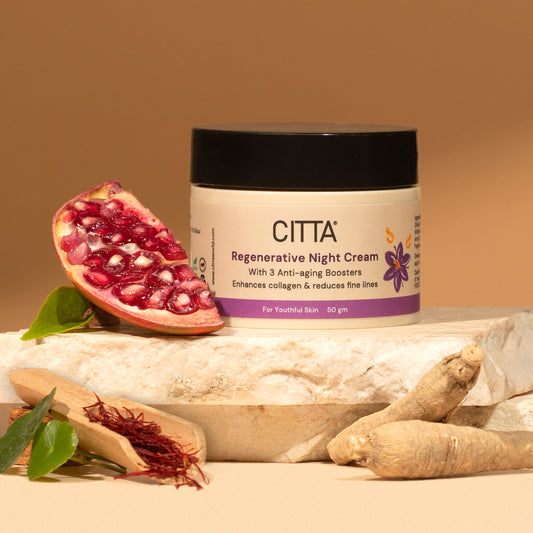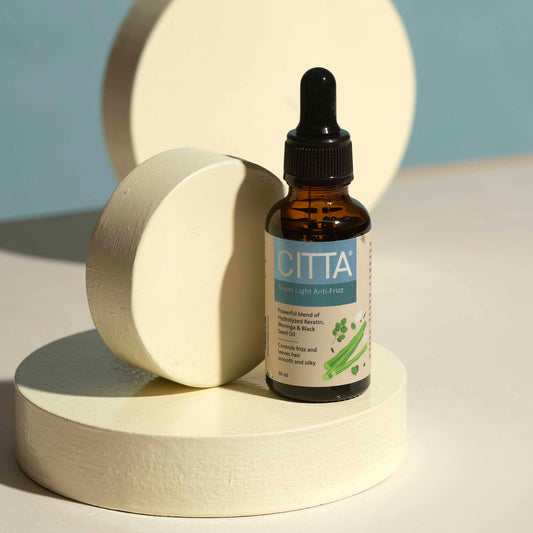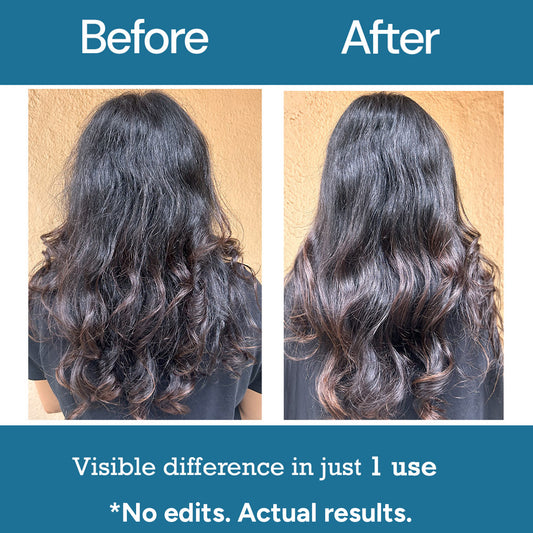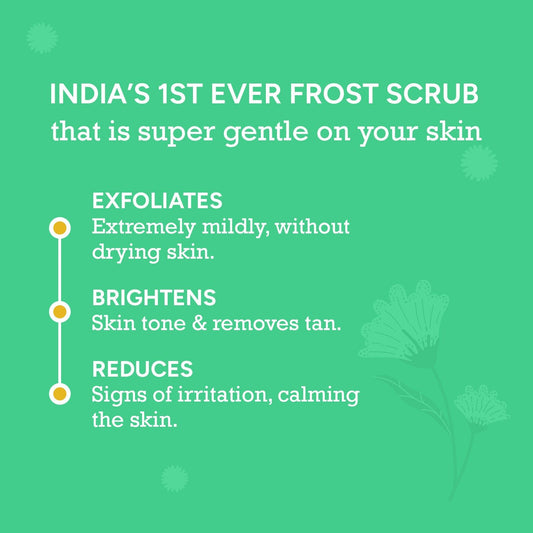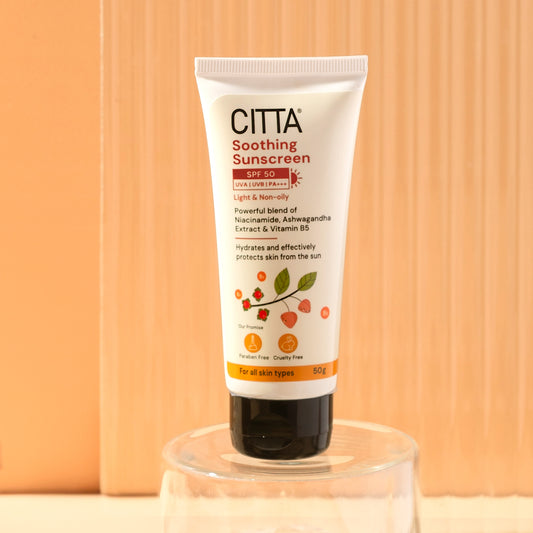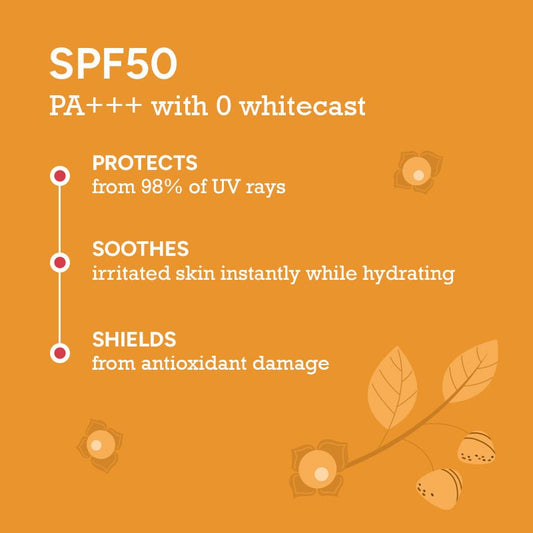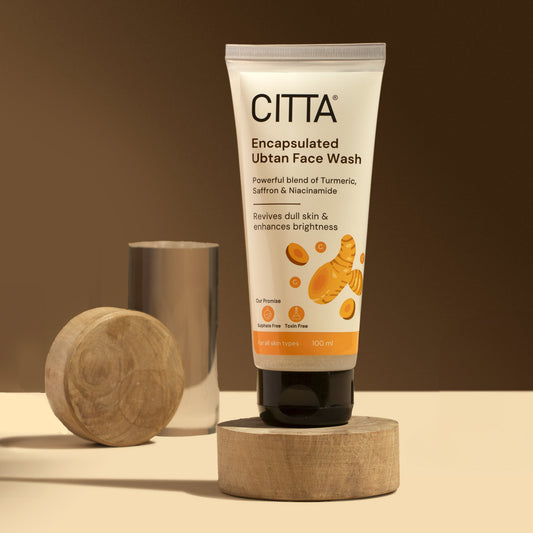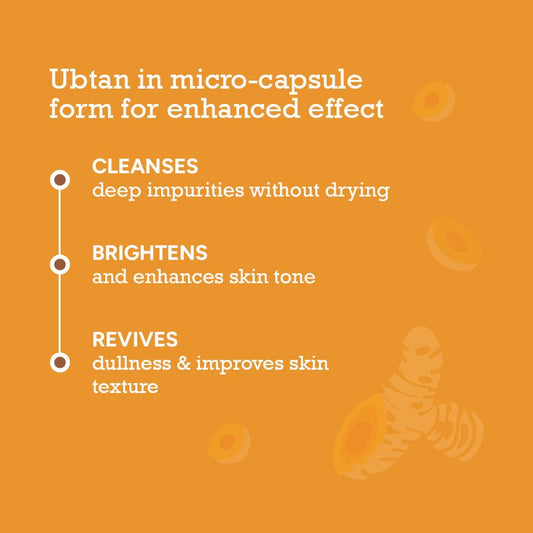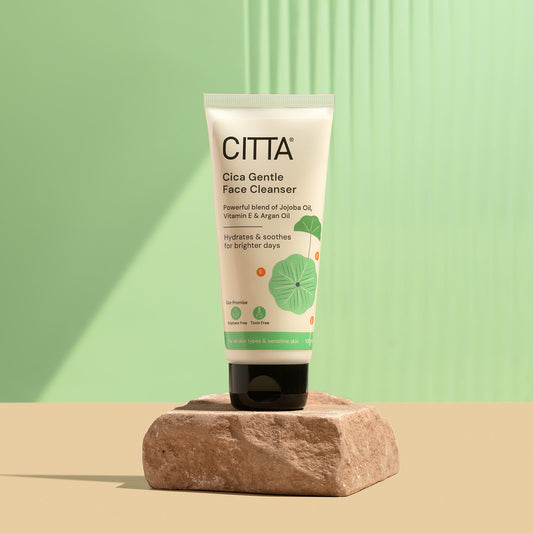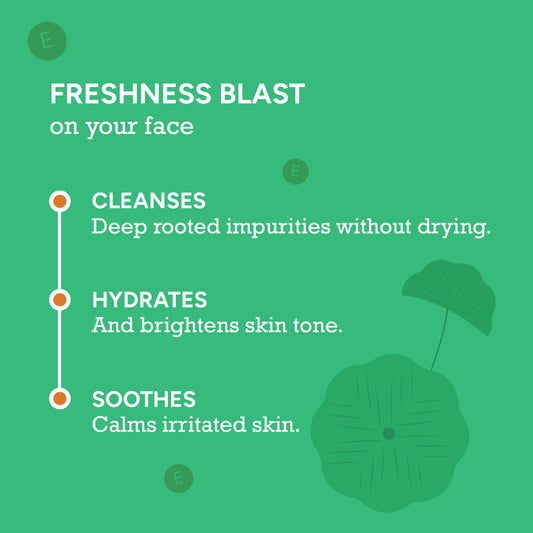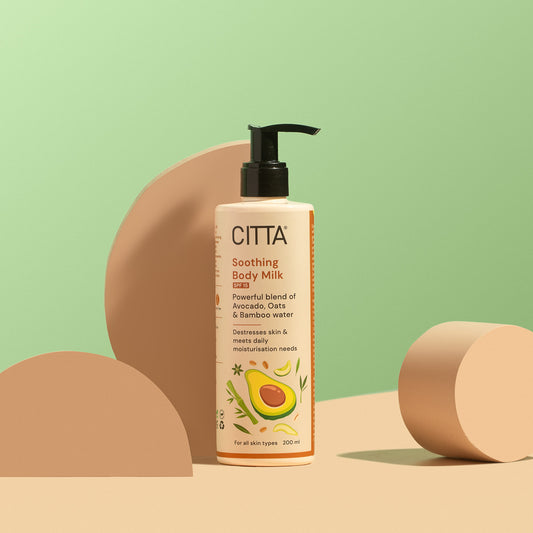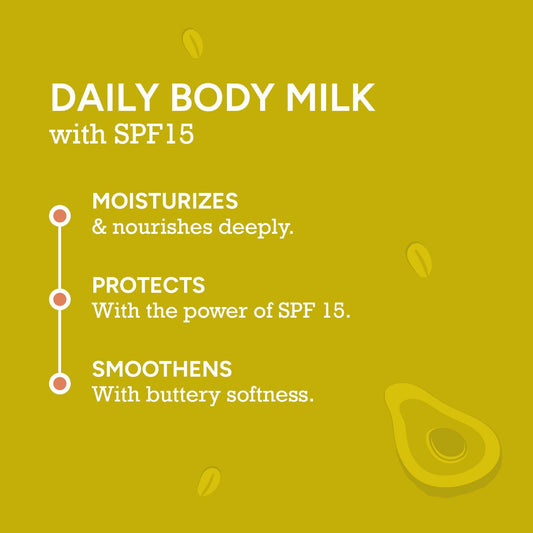The CITTA Promise, Safety First

Toxin Free

Sulphate (SLS/SLES) Free

No Harsh Chemicals

Mineral oil-free

Paraben Free
Natural
Allergen-Free


Why Choose CITTA?
Derived from चित्त (consciousness in Sanskrit), our name CITTA embodies our core philosophy of doing everything consciously.
CITTA harnesses the pure, potent benefits of natural ingredients & enhances them with cutting-edge scientific advancements in a conscious manner. This blend ensures that our products deliver optimal results, providing your skin the best of both worlds.
With Nature’s Wisdom & Science’s Precision!
Our expert R&D team has come up with the most potent natural ingredients backed by long-established scientific practices in the form of skincare curated to address the genuine needs expressed by Indians.
It’s our way of giving back to the community that has given us so much!
So, WHY won’t you choose CITTA?







Radiance Rituals: Most-Loved
-
12% Vitamin C Serum | With Hyaluronic Acid for Brightening & Pigmentation
Triple brightening / Boosts collagen / Evens skin
14 reviewsRegular price Rs. 549Regular priceUnit price / perRs. 0Sale price Rs. 549Anti Aging Face Serum – With Kojic Acid, Niacinamide & Vitamin C for Glow, Firmness & Youthful Skin
Reduces wrinkles / Firms skin / Revives dullness
6 reviewsRegular price Rs. 549Regular priceUnit price / perRs. 0Sale price Rs. 549Aqua Boost Face Gel | Lightweight Moisturizer with Hyaluronic Acid, Oil-Free & Non-Comedogenic for Oily Skin
India’s 1st frosted texture / 5x hydration / Matte finish
16 reviewsRegular price Rs. 549Regular priceUnit price / perRs. 0Sale price Rs. 549Invisible Brightening Sunscreen Serum | SPF 50++++ with Rice Water, Non-Comedogenic, No Whitecast
Natural sunblock / 3 in 1 / No white cast / Watery light
12 reviewsRegular price Rs. 629Regular priceUnit price / perRs. 0Sale price Rs. 629Radiance Gold Serum for Face | With Niacinamide, Kojic Acid & Arbutin for Glowing, Even-Toned Skin
Illuminating Gold Fibers | 6 Brightening Actives | Natural Highligher Glow
12 reviewsRegular price Rs. 569Regular priceUnit price / perRs. 0Sale price Rs. 569Regenerative Retinol Night Cream with Kumkumadi & Cica | Anti-Aging & Brightening
Reduces lLines, Wrinkles|Firms Skin|Revives Glow
22 reviewsRegular price Rs. 749Regular priceUnit price / perRs. 0Sale price Rs. 749Super Light Anti-Frizz Hair Serum | With Keratin for Dry Hair, Frizz Control & Instant Shine
Conditions & nourishes | Controls frizz | Leaves hair silky soft
15 reviewsRegular price Rs. 499Regular priceUnit price / perRs. 0Sale price Rs. 499Cica Face Scrub | Tan Removal, Gentle Exfoliation & a Refreshing Frosty Texture
India’s 1st ever frost scrub||Non-drying||Barrier restoration
12 reviewsRegular price Rs. 499Regular priceUnit price / perRs. 0Sale price Rs. 499Soothing Sunscreen SPF 50 PA+++ | With Niacinamide & Hyaluronic Acid | No White Cast – For Dry and Sensitive Skin
SPF 50 PA+++ | No White Cast | Non-Sticky
7 reviewsRegular price Rs. 579Regular priceUnit price / perRs. 0Sale price Rs. 579Ubtan Face Wash | With Niacinamide, Saffron & Turmeric for Glow & Tan Removal
Gently Cleanses / Brightens and revives glow / Non-drying
15 reviewsRegular price Rs. 479Regular priceUnit price / perRs. 0Sale price Rs. 479Gentle Face Wash for Sensitive Skin | Cica Face Cleanser
Gently Cleanses / Brightens, Soothes Skin / Non-drying
9 reviewsRegular price Rs. 449Regular priceUnit price / perRs. 0Sale price Rs. 449Soothing Body Milk with SPF | Lightweight Body Lotion for Summer Hydration
Daily Moisturization | SPF 15 | Smooth & Soft skin
11 reviewsRegular price Rs. 319Regular priceUnit price / perRs. 0Sale price Rs. 319Buzz Worth Talking About








Also Available at




Glow Guide: Expert Tips & Insights
-

How To Get Rid Of Dandruff Permanently: Why Mos...
If you have spent months (or years) searching for how to get rid of dandruff, you are likely familiar with the cycle of temporary relief followed by a sudden, flaky...
How To Get Rid Of Dandruff Permanently: Why Most Remedies Fail & What Actually Works
If you have spent months (or years) searching for how to get rid of dandruff, you are likely familiar with the cycle of temporary relief followed by a sudden, flaky return. Dandruff is one of the most common scalp concerns globally, yet it remains one of the most misunderstood. The reason most treatments fail? They treat the flakes (the symptom) rather than the scalp (the source). In this guide, we’ll explore the science of scalp health and the sustainable way to achieve a flake-free life. What Exactly Is Dandruff? Dandruff isn’t just "dry skin." It is a complex scalp condition often triggered by a combination of factors: Malassezia: A yeast-like fungus that feeds on scalp oils. Sebum Overproduction: Excess oil that provides a breeding ground for fungi. Compromised Barrier: A sensitive or damaged scalp moisture barrier. Product Buildup: Residue from heavy styling products that irritates the skin. Understanding that this is a biological imbalance is the first step in learning how to get rid of dandruff for good. Many people unknowingly worsen dandruff by following outdated or incomplete advice. Here’s why common fixes don’t work long-term: 1. Overusing Harsh Shampoos Anti-dandruff shampoos with strong chemicals may give instant relief but strip the scalp of natural oils, triggering rebound dandruff. 2. Relying Only on Home Remedies Ingredients like lemon or baking soda can disrupt scalp pH. While they may reduce flakes temporarily, they often increase sensitivity over time. 3. Ignoring Scalp Health Hair care focuses on strands, not the scalp. But dandruff is a scalp issue, not a hair problem. 4. Inconsistent Routine Switching products frequently doesn’t allow the scalp to heal and rebalance naturally. How to Get Rid of Dandruff: The Science-Backed Approach If you want to know how to get rid of dandruff permanently, you must shift your focus from "stripping" to "balancing." 1. Use a Targeted, Gentle Cleanser The goal is to eliminate the fungus without destroying your scalp's protective barrier. You need a formula that balances traditional wisdom with modern dermatological science. The Anti-Dandruff Shampoo for Men & Women by CITTA is specifically designed to soothe irritation while effectively clearing flakes. Unlike harsh detergents, this Anti-Dandruff Shampoo respects your scalp’s natural pH, making it safe for regular use. 2. Prioritize Scalp Hydration Dandruff often thrives on a damaged skin barrier. Ensure your routine includes ingredients that calm redness and provide deep hydration to the skin cells. 3. Maintain a Consistent Schedule Consistency is key. Use your treatment shampoo 2–3 times a week. It typically takes 3–4 weeks of consistent use to see a significant change in the scalp's microbiome. 4. Avoid Trigger Products Stay away from heavy styling products, alcohol-based serums, and fragranced oils that can aggravate flakes. 5. Support From Within Hydration, stress management, and a nutrient-rich diet (especially zinc and omega-3) play a supporting role in dandruff control. Can Dandruff Be Removed Completely? While dandruff can’t always be “cured” forever, it can be controlled long-term with the right routine. The goal is to keep your scalp balanced, calm, and resilient so flakes don’t return. That’s where mindful formulations like CITTA’s come in, designed not as quick fixes, but as part of a sustainable scalp-care ritual. Why a Gentle Anti-Dandruff Shampoo Matters A good shampoo doesn’t just remove flakes, it: Maintains scalp pH Soothes irritation Prevents recurrence Strengthens the scalp barrier Using a thoughtfully formulated shampoo like CITTA Anti-Dandruff Shampoo supports long-term scalp wellness without harsh trade-offs. Also Read: Is Hair Serum Good for Hair? Benefits, Myths & How to Use It Right FAQs: 1. How long does it take to get rid of dandruff? With consistent care, visible improvement usually appears within 2–4 weeks. Long-term control may take longer depending on the scalp condition. 2. Can dandruff be removed permanently? Dandruff can be managed long-term, but it may return if scalp balance is disrupted. Regular care is key. 3. Is dandruff caused by dry scalp only? No. Dandruff can also occur on oily scalps due to fungal overgrowth and sensitivity. 4. Can men and women use the same anti-dandruff shampoo? Yes. A well-formulated shampoo works effectively for both men and women. 5. How often should I wash my hair if I have dandruff? 2–3 times a week is ideal. Over-washing can worsen flakes. Also Read: Hair Serum vs Hair Oil - Which Is Better For Your Hair Type?
Read More -

Best Skincare Gifts for Women’s Day That She’ll...
Women’s Day is not just about celebration, it’s about appreciation. And when it comes to choosing the perfect gift, most women don’t want something decorative or forgettable. They want something...
Best Skincare Gifts for Women’s Day That She’ll Actually Use
Women’s Day is not just about celebration, it’s about appreciation. And when it comes to choosing the perfect gift, most women don’t want something decorative or forgettable. They want something useful, thoughtful, and comforting, something that fits into their everyday life. That’s why skincare gifts for Women’s Day are becoming the most loved choice. Not because they’re trendy, but because they say, “Take care of yourself, you deserve it.” If you’re looking for skincare gifts she’ll genuinely use (and thank you for later), this guide will help you choose right. Why Skincare Makes the Perfect Women’s Day Gift Unlike flowers or chocolates, skincare is not momentary. It becomes part of her daily ritual, morning routines, evening wind-downs, moments of pause. The right skincare gift: Feels personal without being risky Encourages self-care without forcing indulgence It is practical, comforting, and long-lasting When thoughtfully chosen, skincare doesn’t feel like a product; it feels like care. What to Look for in Skincare Gifts for Women’s Day Before picking a product, keep these simple principles in mind: ✔ Gentle & Skin-Friendly Look for dermatologist-approved formulations that suit most skin types. ✔ Transparent Ingredients Women today care about what goes on their skin. Clean, honest formulations matter. ✔ Everyday Utility The best gifts are the ones she can use daily, without overthinking. ✔ Conscious & Thoughtful Gifts rooted in wellness, tradition, and science always feel meaningful. Best Skincare Gifts for Women’s Day (That She’ll Actually Use) 1. A Daily Ceramide Moisturiser (For All-Day Comfort) A good moisturiser is something every woman needs, regardless of age or skin type. Ceramides help strengthen the skin barrier, prevent dryness, and keep skin feeling calm and balanced. A thoughtfully formulated option like ceramide moisturizer makes an excellent Women’s Day gift because it’s: Lightweight yet nourishing Suitable for everyday use Ideal for stressed, tired, or sensitive skin It’s the kind of gift she’ll keep on her bedside table and use without fail. Also Read: 5 Reasons I Chose CITTA Ceramides & White Tea Moisturizer Over Every Other Moisturizer 2. Sunscreen That Feels Invisible (Because Protection Is Self-Care) Sun protection is no longer optional, and gifting sunscreen shows you genuinely care. A modern sunscreen that blends effortlessly and feels weightless is always appreciated. A formula like invisible sunscreen doubles as skincare, making it perfect for daily wear. Why it works as a gift: Non-sticky, non-greasy texture Easy to layer under makeup Encourages daily sun protection without effort This is one of the most practical skincare gifts for Women’s Day useful, thoughtful, and protective. 3. A Gel Moisturiser for Instant Hydration For women who prefer light, refreshing textures, especially in Indian weather, a gel moisturiser is a winner. A product like gel face moisturizer is ideal for: Oily or combination skin Hot, humid climates Morning routines that need quick absorption It feels fresh, absorbs fast, and fits seamlessly into her daily skincare routine. 4. A Soothing SPF for Sensitive Skin Days Some days call for extra care, especially when skin feels irritated or reactive. A calming sunscreen with skin-loving ingredients is a thoughtful addition to any gift set. A gentle option like sunscreen with niacinamide supports: Barrier repair Even-looking skin tone Daily sun protection without irritation It’s perfect for women who value skincare that’s both protective and comforting. 5. A Lightweight Body Lotion for Everyday Nourishment Self-care isn’t limited to the face. A nourishing body lotion is often overlooked, but always appreciated. A summer-friendly option like body lotion for summer offers: Lightweight hydration Quick absorption Comfortable all-day wear This is the kind of gift she’ll reach for after every shower, simple, effective, and thoughtful. How to Make Your Women’s Day Skincare Gift Feel Extra Special Pair 2–3 products into a self-care kit Add a handwritten note encouraging rest and care Choose products she can use daily, not occasionally The best gifts don’t overwhelm; they support. A Thoughtful Way to Celebrate Women’s Day This Women’s Day, move beyond symbolic gifts. Choose something that becomes part of her daily life, something she’ll use, enjoy, and remember. Because when skincare is rooted in care, tradition, and transparency, it doesn’t feel like a product; it feels like appreciation. That’s what truly meaningful gifting looks like. FAQs Q1. Are skincare gifts suitable for Women’s Day? Yes. Skincare gifts are practical, thoughtful, and promote everyday self-care, making them ideal for Women’s Day. Q2. What skincare products are safest to gift? Daily essentials like moisturisers, sunscreens, and gentle body lotions are safest and most appreciated. Q3. Can skincare gifts work for office or corporate Women’s Day gifting? Absolutely. Clean, conscious skincare products are perfect for professional gifting, useful without being personal. Q4. How do I choose skincare if I don’t know her skin type? Opt for dermatologist-tested, gentle formulations designed for everyday use across skin types. Also Read: Top 12 Baby Birthday Gift Ideas That Will Make Parents Smile Too
Read More -

5 Reasons I Chose CITTA Ceramides & White Tea M...
In a saturated market where every bottle claims to be a "miracle in a jar," finding a product that actually delivers can feel like an endless cycle of trial and...
5 Reasons I Chose CITTA Ceramides & White Tea Moisturizer Over Every Other Moisturizer
In a saturated market where every bottle claims to be a "miracle in a jar," finding a product that actually delivers can feel like an endless cycle of trial and error. I’ve cycled through everything: watery gels, heavy occlusive creams, and the latest trending actives. While many offered a temporary glow, my skin always seemed to revert to being tight, reactive, and dull. The turning point? Shifting my focus from "temporary hydration" to skin barrier health. That is exactly where a high-quality ceramides moisturizer changes the game. After putting dozens of formulas to the test, here is why the CITTA Ceramides & White Tea Moisturizer became the one I finally stuck with. Why Choosing the Right Ceramides Moisturizer Matters Your skin barrier is your skin’s first line of defense. When it’s compromised, you may notice: Dryness that won’t go away Sensitivity or irritation Dull, tired-looking skin Breakouts triggered by stress or weather Ceramides are naturally found in our skin and play a critical role in keeping this barrier healthy. A well-formulated ceramides moisturizer doesn’t just hydrate, it repairs, strengthens, and protects. 1. It Focuses on Skin Barrier Repair, Not Just Surface Hydration Most moisturizers provide a "quick fix"- they make your skin feel soft for an hour, but the feeling vanishes by lunchtime. CITTA’s formula is different because it prioritizes barrier repair. By replenishing the specific lipids your skin loses due to aging or harsh weather, it reduces trans-epidermal water loss (TEWL). Within a few weeks of use, I noticed my skin stayed plump and resilient throughout the day, rather than just immediately after application. 2. White Tea Adds Antioxidant Protection Without Irritation White tea is one of the most underrated skincare ingredients. It’s gentle, yet rich in antioxidants that help protect skin from: Pollution Environmental stress Early signs of aging What I appreciated most is that the white tea extract complements ceramides- providing calm, balanced nourishment without heaviness or irritation. It’s especially comforting for skin that feels stressed or overworked. 3. Ingredient Transparency You Can Actually Trust At CITTA, transparency isn’t a buzzword- it’s a promise. Every ingredient in this ceramides moisturizer is disclosed down to 0.01%, so you always know what you’re applying to your skin. This level of honesty is rare and deeply reassuring, especially if you’re mindful about skincare choices for yourself or your family. This philosophy is rooted in dadi nani ke nuskhe, time-tested wisdom, combined with modern dermatological science. 4. Suitable for Sensitive, Dry & Everyday Skin Types A moisturizer should fit into your life effortlessly. What makes this ceramides moisturizer stand out is its versatility: Works well for dry and sensitive skin Comfortable for daily use, morning and night Absorbs without greasiness Layers well under sunscreen or makeup It feels intentional, like a moisturizer designed for real people, real weather, and real routines. 5. Rooted in Conscious Care, Not Skincare Trends CITTA is inspired by heritage wisdom and conscious parenting. The name CITTA, derived from the Sanskrit word “Chitta” (consciousness), reflects this thoughtful approach. This ceramide moisturizer doesn’t chase trends. Instead, it focuses on: Skin comfort Consistency Long-term health And that’s exactly why it earned a permanent place in my routine. 👉 Explore the product here:https://cittaworld.com/products/ceramide-moisturizer-skin-barrier-repair Who Should Use CITTA Ceramides & White Tea Moisturizer? This ceramides moisturizer is a great choice if you: Experience dryness or sensitivity Want to repair a damaged skin barrier Prefer gentle, non-irritating skincare Value transparency and clean formulations Believe skincare should feel comforting, not complicated Add to cart Why This Ceramides Moisturizer Feels Different It doesn’t promise overnight miracles.It promises care, consistency, and confidence. And sometimes, that’s exactly what good skincare should do. Because when a product respects your skin’s natural rhythm- WHY NOT choose CITTA? Also Read: Ceramide Moisturizer Benefits: Why Your Skin Barrier Can’t Survive Without It FAQs 1. What does a ceramides moisturizer do? A ceramides moisturizer helps restore and strengthen the skin barrier, preventing moisture loss and improving skin resilience over time. 2. Is CITTA Ceramides & White Tea Moisturizer suitable for sensitive skin? Yes. It is formulated to be gentle, dermatologist-approved, and suitable for sensitive and dry skin types. 3. Can I use this ceramides moisturizer daily? Absolutely. It’s designed for daily use, both morning and night, as part of a simple skincare routine. 4. What makes CITTA different from other ceramides moisturizers? CITTA combines ingredient transparency, heritage-inspired care, and modern dermatological science, disclosing every ingredient down to 0.01%. Also Read: How to Repair Your Skin Barrier: Dermatologist-Backed Routine That Actually Works
Read More
- Choosing a selection results in a full page refresh.
- Opens in a new window.
Create a new wishlist ××Add to Wishlist
{ "items": [ ] }









